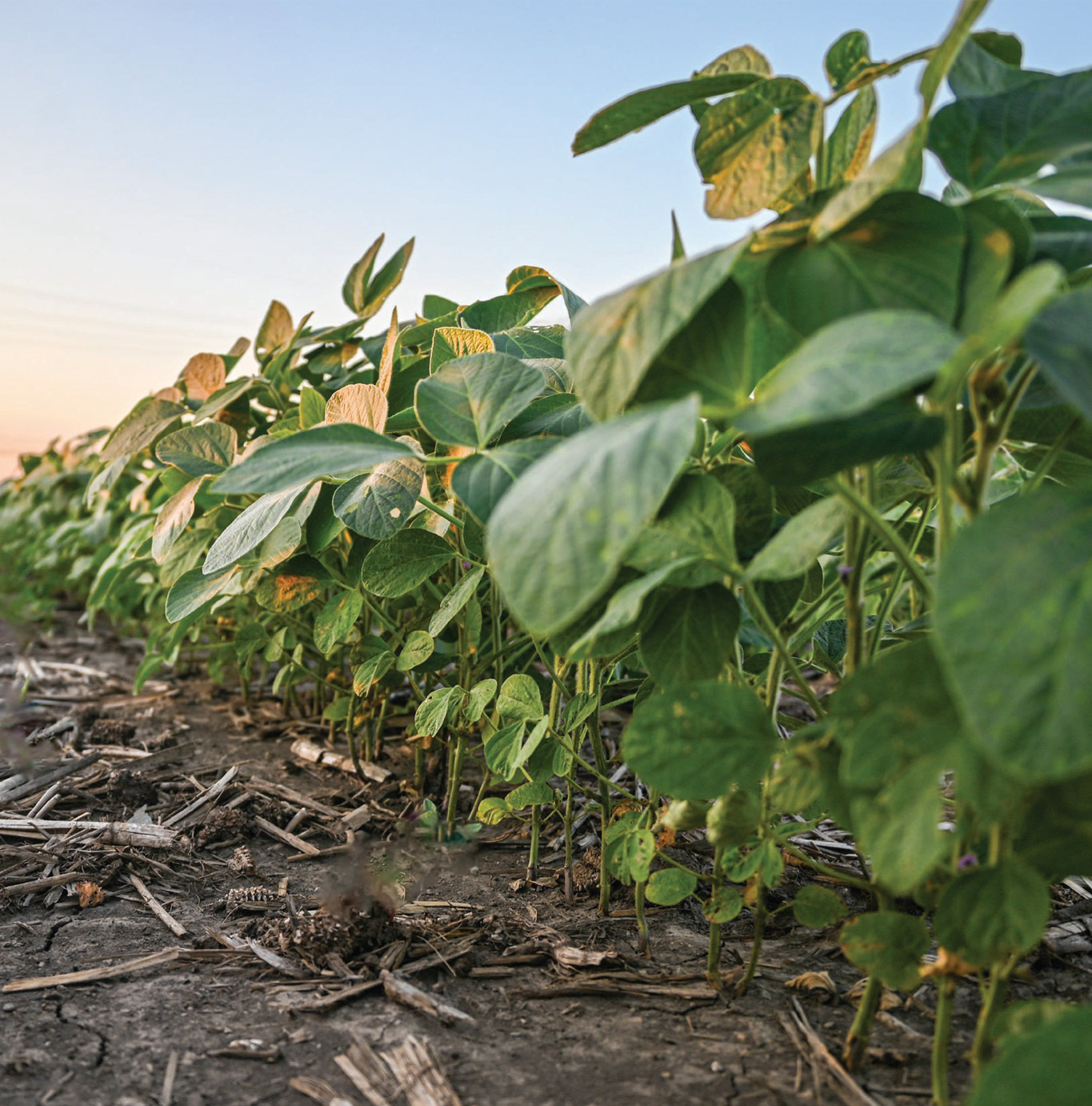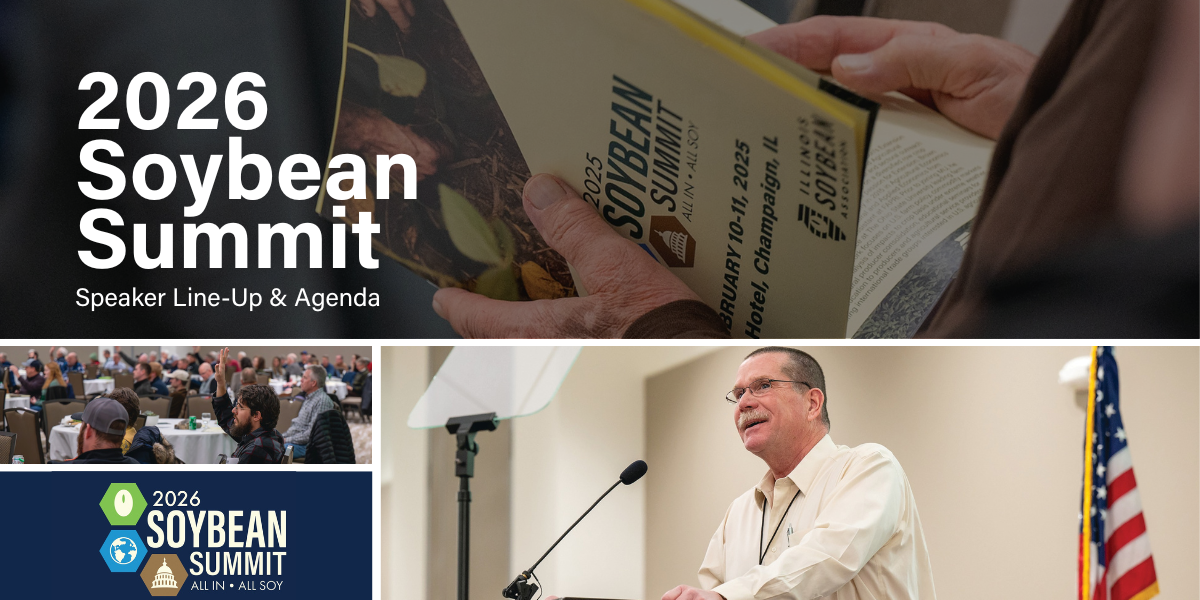The challenges farmers face every single day are tedious and time-consuming. It can be difficult to find time and energy to engage on public policy matters. The good news is that while work on the farm continues, soybean farmers in Illinois have a dedicated advocate working in the policy arena on their behalf—Illinois Soybean Growers.
Whether addressing policy or regulatory issues, ISG serves as the advocacy watchdog for Illinois soybean farmers. ISG stays on top of legislative and congressional issues that can affect a farm’s profitability and potential.
Through a formal system of policy development and implementation, ISG gathers the common concerns among Illinois soybean farmers and presents that information with the impact of an organized group. ISG harnesses the power of the collective Illinois soybean community to influence government policies and regulations.
ISG makes sure the government from Springfield to Washington hears the unified voice of Illinois soybean farmers.
Commonly asked questions…
Why do I need another group? I already pay the checkoff.
Yes, you do. But government regulations say the checkoff can only be used for activities such as research, marketing and education. It can’t be used for lobbying and political action.
That’s where ISG comes in.
ISG is your voice on issues that affect soybean farmers just like you because we are led by farmers just like you. Our farmer leaders know the challenges and opportunities you face in the field and in the market. They know the issues and obstacles that can make or break your farming operation.
ISG is not afraid to take those issues to Springfield and Washington. After all, lawmakers don’t often have in-depth knowledge of agricultural issues. ISG works to ensure they have the information they need to know what’s important to farmers in the countryside, including farmers just like you.
“For a very small investment, you can play a role in making sure the crop that you produce is fairly represented in Springfield and Washington.”
– David Erickson
Who runs ISG?
ISG is led by farmers who receive no compensation for this work. They do it because they understand how important it is to make farmers heard to the folks who write the regulations and the laws.
These farmer-leaders volunteer their time and expertise to benefit all Illinois soybean growers.
Why should I join ISG?
We asked several respected farmer-leaders that same question. And they didn’t hold back.
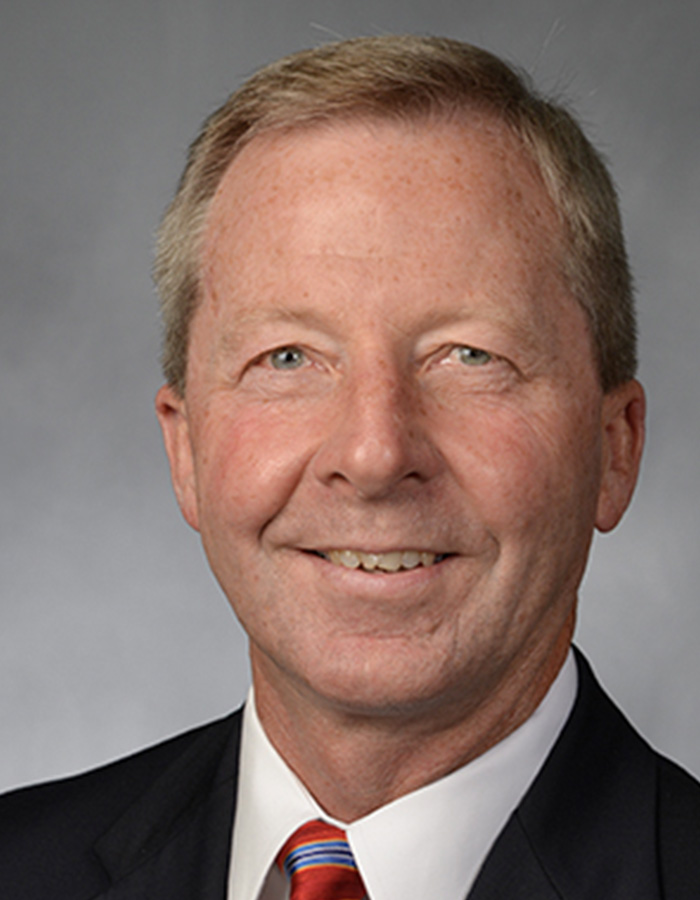
David Erickson (photo credit: Illinois Farm Bureau)
David Erickson farms with his wife and some paid help on a 50-50 soybean and corn, no-till operation in Altona, which is in Knox County. For more than 30 years, David has participated in and led several soybean organizations as president and board member, among other roles. He is also a former community college ag instructor.
“I got involved shortly after I started farming. I knew about the importance of supporting product and policy for commodities that we raised on the farm. I just felt it was important to be a member when I first started farming. Over the years, I got more involved.
At the farm level, I think it’s important to be involved with an organization that has a mind on a crop that is growing and developing as the soybean has. Soybeans weren’t raised in our part of the state until the 1970s. Compared to other crops, it’s still relatively new. The research and innovation and new products, the developments in processing –these have all been important to the growth and profitability of the crop on our farm. On top of that, we need to have appropriate government policy and regulation in place.
For a very small investment, you can play a role in making sure the crop that you produce is fairly represented in Springfield and Washington. And that the issues affecting that crop are addressed by people who are working on your behalf and have your interest at heart, because they are you.”
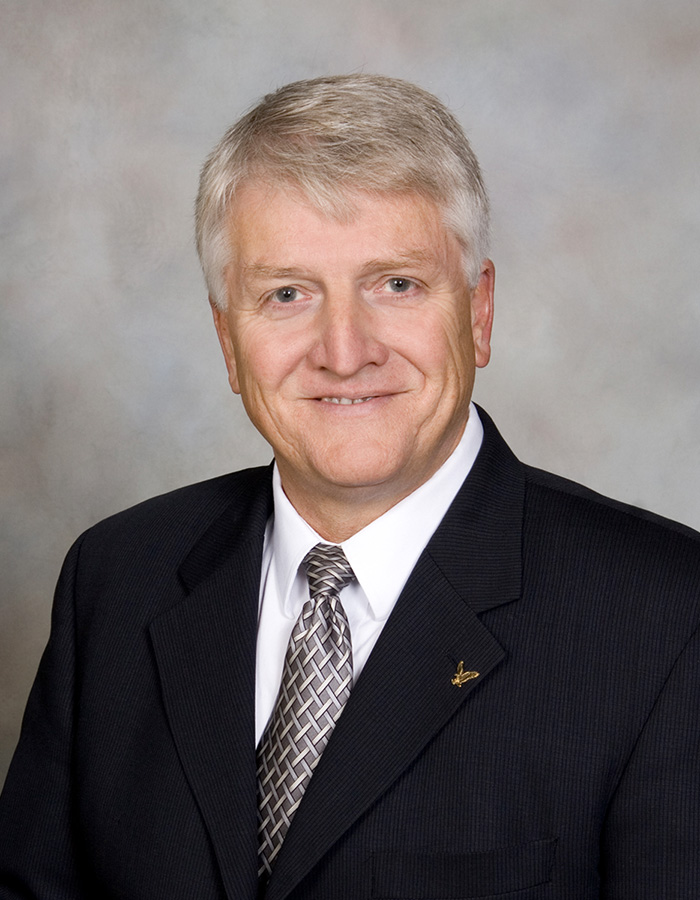
Paul Rasmussen (photo credit: DeKalb County Farm Bureau)
Paul Rasmussen farms 1,500 acres in Dekalb County, in North Central Illinois. He raises corn and soybeans on a two-year corn, one-year soybean rotation.
Paul is a former Illinois Soybean Association Director, as well as a former Board Member. He has been an ISG member for more than 40 years.
“At the farm level, ISG helps by staying on top of what’s going on in Springfield as well as Washington. And they lobby on our behalf.
Farmers need to be fully engaged in influencing legislation because we’re going up against a lot of special interest groups with huge budgets.
If we’re going to protect our industry, we need to be more engaged in understanding what public policy is all about.
And we need to do it as a group. As a group, we can have more power.
As individual farmers, we can’t stay on top of Washington and Springfield. But if we’re part of ISG, we have people who closely follow these things, who are watching out for us. People who know what’s important to us because they took the time to listen.
It works like this:
We have people who watch Springfield and Washington. They keep an eye on proposed legislation and proposed regulations by agencies such as EPA and USDA. When they see issues that will impact soybean growers, they make us aware of what’s going on and how we can help to either stop or to accelerate something that’s being proposed.
They issue alerts and calls to action so we, the growers, can then call or write the legislators and policymakers.
Our legislators need to hear from us. And by being politically involved, we develop relationships with them, and these relationships help us gain more influence.
Without public policy people working on our behalf, individual growers wouldn’t know what’s really going on behind the scenes in government.
Our public policy people give us knowledge. And with knowledge comes power.
Would you rather read about these government decisions after they’ve happened – or do you want to know about them as they’re happening, while there’s still time to do something about it?”
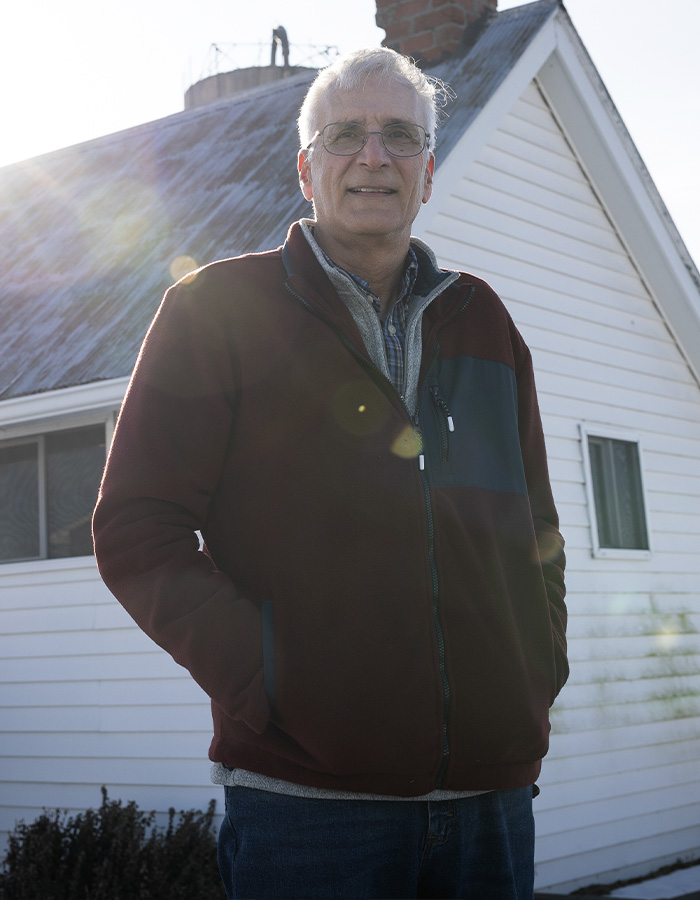
Ron Moore (photo credit: Prairie Farmer)
Ron Moore owns a family farm with his wife and son in Warren County, near Roseville. The operation is a 50-50 soybeans and corn rotation on 1,600 acres. It also has pasture for feeder cattle.
Ron has been involved in soybean groups since the 1990s. He has been a Board Member and Executive Committee Officer and has represented Illinois Soybean Association on the American Soybean Association Board of Directors.
Ron was named an Illinois Master Farmer in 2023.
“I trust the farmers on the Board of Directors to be my voice in the policy arena in Springfield and in Washington, D.C.
The decision makers in Springfield and Washington live in a bubble, and they don’t quite understand how farmers think.
But our ISG representatives know. They know because they make a point of staying in touch with members to find out what farmers like me think on different policy issues and regulatory issues that come up.
The farmers out here in the countryside are the ones affected by the decisions that the lawmakers and regulators make. The people in Washington and Springfield don’t always know or realize how their rules and regulations can negatively affect farmers. They don’t understand – but the farmers representing us do, and they speak up for us.
It’s incredibly important that we have ISG farmers representing us.”
Recent Articles
In this issue of Illinois Field & Bean Magazine, we're uncovering the top trends for agriculture in 2026.
By
Take a look at this year’s Soybean Summit agenda, which includes topics such as global trade impacts, the future of biodiesel, conservation strategies and what’s next for farm policy.
By IL Field & Bean Team
